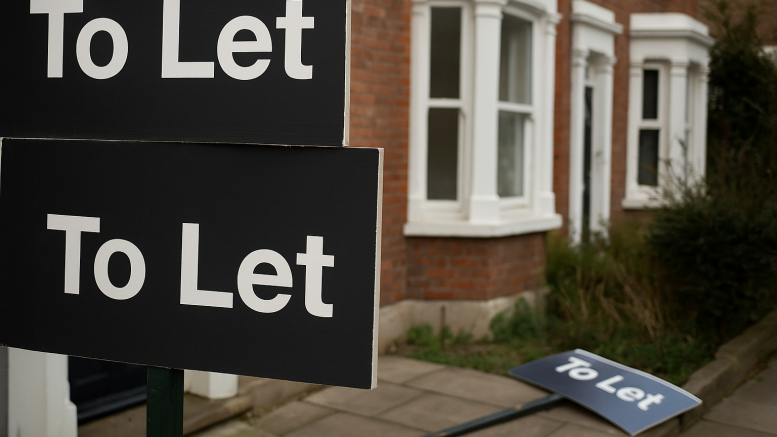The latest RICS Residential Market Survey reveals that landlords are leaving the private rented sector (PRS) at the fastest pace since the early pandemic, with new rental listings plunging 38% in September. The decline, driven by rising costs and tougher regulation, is deepening the UK’s rental housing shortage.
Rental supply slump drives rent increases
New landlord instructions have fallen sharply to -38%, the weakest reading since May 2020, highlighting the widening gulf between supply and demand in the private rented sector. RICS expects rents to climb by around 3% over the next 12 months as fewer homes become available, with affordability pressures for tenants worsening well into 2026.
The decline in rental listings comes at a time when many smaller landlords are reviewing their portfolios, citing Section 24 tax rules, higher mortgage rates, and ongoing regulatory uncertainty surrounding the Renters (Reform) Bill. The combination of these factors, analysts say, has “tipped the balance” for some investors, particularly those holding older stock or facing EPC upgrade costs.
Landlord groups, including the NRLA, have repeatedly warned that policy instability and excessive red tape are driving responsible landlords out of the market, exacerbating the shortage of rental homes.
Property sales and listings remain subdued
Beyond the rental sector, the RICS survey found continued weakness across the broader housing market. Buyer enquiries slipped to a net balance of -19%, marking a third consecutive month of decline. Meanwhile, agreed sales fell to -16%, showing only a slight improvement on August’s -24% reading.
House prices also continued to edge lower, with the national balance standing at -15%. The South East and East Anglia reported the steepest falls, while Scotland and Northern Ireland remained outliers, posting modest price gains.
New vendor listings also slowed for the second month running (-15%), suggesting homeowners are reluctant to sell in a market clouded by speculation of further property taxation in November’s Autumn Budget.
RICS warns of caution ahead of Autumn Budget
Tarrant Parsons, Head of Market Research and Analytics at RICS, said: “The housing market continues to struggle for momentum, with seemingly no clear catalyst on the horizon to spark a turnaround over the near-term. Buyer demand remains subdued, while agreed sales are still on a downward trend, reflecting a broader hesitancy in the market.”
He added that uncertainty over potential tax changes in the upcoming Budget is adding to “prevailing cautious sentiment.”
Tom Bill, Head of UK Residential Research at Knight Frank, noted that while demand had improved earlier this year, the run-up to November is again weighing on activity.
“There is a creeping mood of hesitation as the Budget moves onto the radar and a game of ‘guess the tax rise’ takes place for the second successive year,” he said.
Landlord campaigners argue that such uncertainty continues to distort investment decisions, delaying purchases and deterring much-needed new rental supply. With demand high and stock shrinking, landlords with well-managed portfolios remain in a strong position to sustain occupancy and rental growth.
Editor’s view
The exodus of landlords is now a structural risk to the UK housing system. Without urgent reform to taxation and the court process, private landlords will continue to retreat - leaving tenants with fewer choices and higher rents. The Autumn Budget will test whether ministers finally acknowledge landlords as part of the solution, not the problem.
Author: Editorial team - UK landlord & buy-to-let news, policy, and finance.
Published: 9 October 2025
Sources: RICS Residential Market Survey (September 2025); NRLA; Knight Frank; Office for National Statistics (ONS).
Related reading: House prices edge down 0.3% in September as rental market steadies








